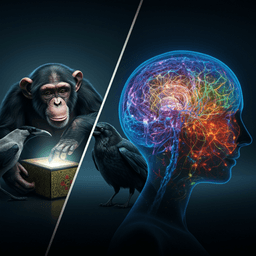
Psychology
Curiosity: The Effects of Feedback and Confidence on the Desire to Know
J. Metcalfe, M. Vuorre, et al.
Across 10 experiments, different feedback types (yes/no, true/false informational, or none) shifted people’s curiosity: yes/no feedback blunted curiosity for correct answers but amplified it for discovered errors, especially high-confidence errors; other feedback patterns supported the “almost knowing” region of proximal learning. Research conducted by Janet Metcalfe, Matti Vuorre, Emily Towner, and Teal S. Eich.
Related Publications
Explore these studies to deepen your understanding of the subject.







